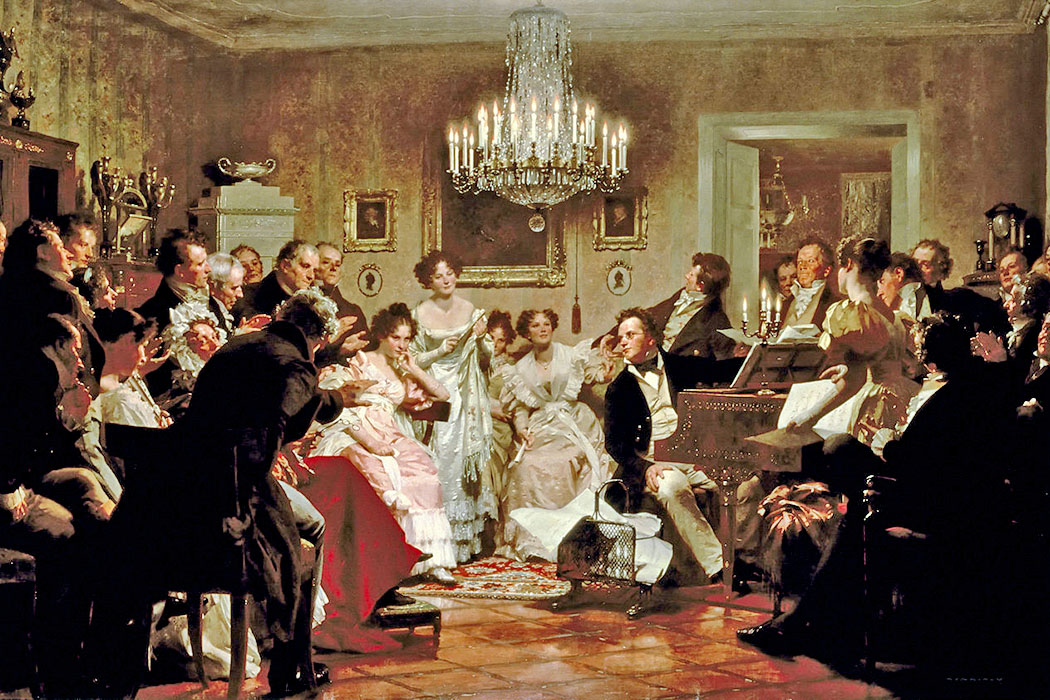The distinction of being the first chamber music recital of the 2018-19 season in Knoxville goes to violinist Miroslav Hristov of the University of Tennessee School of Music, along with four notable guests, for their “An Evening of Chamber Music” recital this past Sunday evening. Their performance of Schubert’s String Quintet in C Major, along with works by Reinhold Glière and Beethoven, was their second of the weekend—the first being on Friday evening at East Tennessee State University where two members of the quintet, violist David Kováč and cellist Sean Hawthorne, are on the music faculty. The quintet also included violinist Yu-Fang Chen of Ball State University and cellist Daniel Veis of Park University in Missouri.
However, timeliness was the least of the distinctions of the evening’s works, with ensemble-ness and exemplary technique being the prominent qualities of the recital that artfully built to a stunning climax of musical emotion and drama in the Schubert. Beginning the evening’s captivating arc was Hristov and Veis in five of Glière’s 8 Pieces for Violin and Cello, op. 39, a work that drew the listener in with mood, attitude, and surprising textures. With a clear point of view on those qualities, the pair elevated the piece well beyond what one normally expects from the duet sub-genre.
Chen, Kováč, and Hawthorne followed the Glière with Beethoven’s String Trio in G Major, Op. 9, No. 1, taking the recital in another direction away from string textural harmonies toward the conversational early Beethoven. This was a Beethoven still in his twenties who simultaneously embraced his predecessors—Mozart and Haydn—while pushing the edge of invention and expression. While I do not know the ensemble history of the three performers, they seemed to possess a musical cohesiveness that indicated a high degree of musical camaraderie. At once, they propelled and were propelled by the piece’s energetic moments, while delivering Beethoven’s dynamics with both subtlety and boldness.
After intermission, the five assembled for the Schubert String Quintet in C Major (the “Cello Quintet”), a work that ranks at the pinnacle of the chamber music repertoire due to its melodic invention and masterful combination of string textures and sonorities. In the acoustic quietness of the Powell Recital Hall, the quintet achieved that ineffable quality of musical introspection that momentarily pulls the listener away from the real world. This was particularly the case in the Adagio, full of cries and whispers, where performers must tiptoe just on the edge of despair without tumbling in.
The contrasting moods of the Scherzo and the final Allegretto were handled by the quintet with satisfying energy and performance elegance, underpinned by the depth and punctuation of two cellos. Needless to say, the ensemble did remarkable justice to one of the great works of chamber music—an auspicious start to the 2018-19 season.






